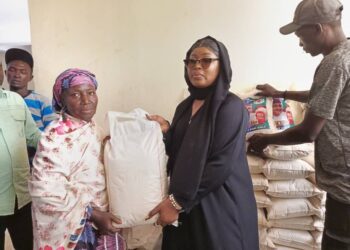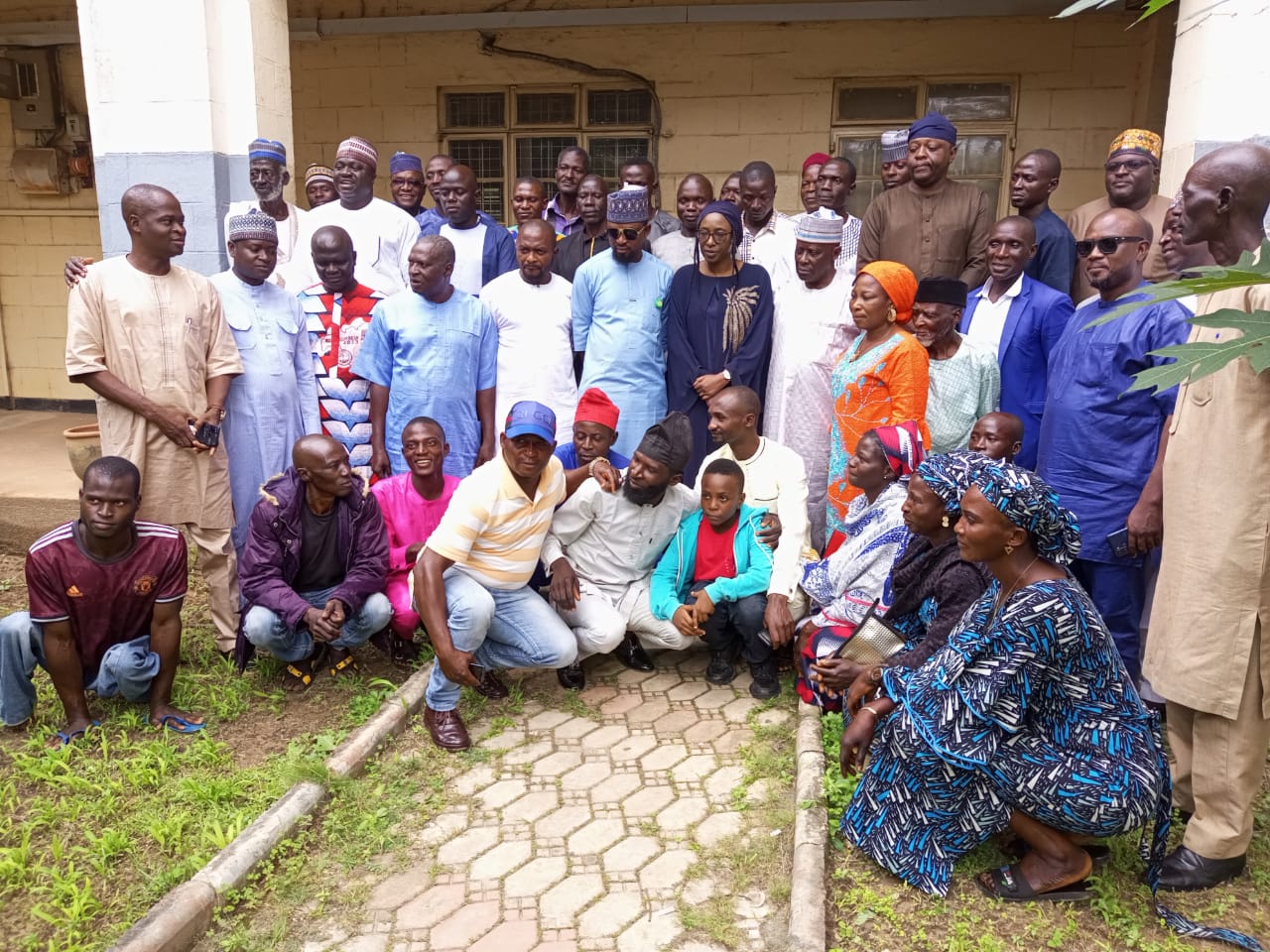Dutch judges on Friday ordered a man suspected of fathering more than 550 children through sperm donations to stop donating, in the latest fertility scandal to shock the Netherlands.
The man, identified in Dutch media only as “Jonathan M.”, 41, was dragged to court by a foundation protecting the rights of donor children and the mother of one of the children allegedly fathered from his sperm.
Dutch clinical guidelines say a donor should not father more than 25 children in 12 families, but judges said the man had helped produce between 550 and 600 children since he started as a sperm donor in 2007.
The court therefore “prohibits the defendant from donating his semen to new prospective parents after the issuing of this judgement”, judge Thera Hesselink said.
Jonathan M. may also not contact any prospective parents “with the wish that he was willing to donate semen… advertise his services to prospective parents or join any organisation that establishes contact between prospective parents”, Hesselink said in a written judgement.
Should he continue with his donations, he would face a 100,000-euro ($110,000) fine for every transgression, as well as additional fines, the judge ordered.
The mother of one of the children in the court case, identified only as “Eva”, said she was grateful that the court stopped the man from “mass donations that’s spread like wildfire to other countries”.
“I’m asking the donor to respect our interests and to accept the verdict, because our children deserve to be left alone,” she said in a statement.
‘Deliberately misinformed’
More than 100 of Jonathan M.’s children were born in Dutch clinics and others privately, but he also donated semen to a Danish clinic named as Cryos in court papers, which then dispatched his seed to private addresses in various countries, the judge added.
“The donor deliberately misinformed prospective parents about the number of children he had already fathered in the past,” the Hague District Court said in a separate statement.
“All these parents are now confronted with the fact that the children in their family are part of a huge kinship network, with hundreds of half-siblings, which they did not choose,” it said.
The court considered it “sufficiently plausible” that this has or could have negative psychosocial consequences for the children.
This included psychological problems around identity and fears of incest.
“The point is that this kinship network with hundreds of half-brothers and half-sisters is much too large,” court spokesman Gert-Mark Smelt told AFP.
“The interests of the children weigh too heavily and that is why it is forbidden for the gentleman to give further semen,” he said.
“It is the first time that a judge has ruled on such a case and it is encouraging to see this behaviour immediately dealt with,” added Mark de Hek, one of the lawyers in the case.
The case is the latest in a series of fertility scandals to hit the Netherlands.
In 2020 a deceased gynaecologist was accused of fathering at least 17 children with women thinking they were receiving sperm from anonymous donors.
The year before, it emerged that a Rotterdam doctor fathered at least 49 children while inseminating women seeking treatment.
AFP










